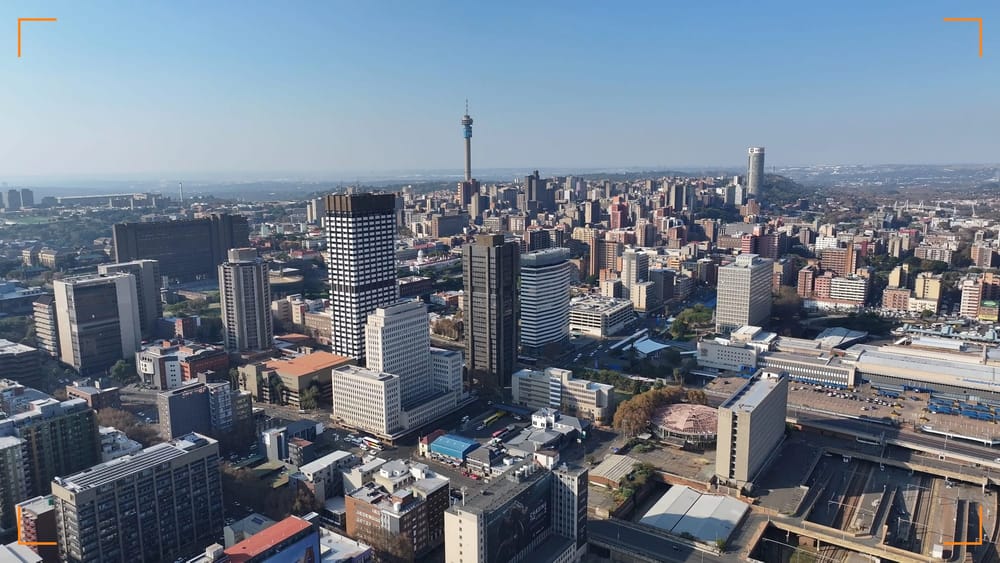Europe-Eurasia - Eurasia RegionalPULSE: 10 JUL 2025
Geopolitical & Security Analysis Regional Report

Report Details
Initial Publish Date
Last Updated: 10 JUL 2025
Report Focus Location: Eurasia
Authors: AGC, MA
Contributors: GSAT
GSAT Lead: MF
RileySENTINEL provides timely intelligence and in-depth analysis for complex environments. Our global team blends international reach with local expertise, offering unique insights to navigate challenging operations. For custom insights or urgent consultations, contact us here.
Report Summary
This study presents a thorough examination of the current geopolitical and security environment throughout Europe-Eurasia, with an emphasis on high-profile developments in Eurasia.
- Armenia and Georgia are undergoing accelerated democratic backsliding, with arrests of clergy and opposition figures, restrictive legislation, and growing tensions with Russia undermining institutional stability.
- In Armenia, accusations of a coup plot involving church leaders and Russian actors reflect deeper internal fractures and a volatile pivot westward, likely to provoke further unrest.
- Azerbaijan and Russia have entered a cycle of retaliatory detentions, escalating diplomatic hostility and increasing risks for cross-border operations and foreign nationals.
- Kazakhstan faces pressure from both Russia and the U.S., with accusations of drone facilitation on one side and steep tariffs on the other, amplifying trade and diplomatic uncertainty.
- Russia’s expanded use of gold, netting, and cryptocurrency for cross-border payments may complicate compliance frameworks for regional and international businesses operating in Eurasia.
- Uzbekistan’s full membership in the BRICS New Development Bank boosts its financial reach, while its leadership in a new green energy corridor highlights growing infrastructure ambition.
- Tajikistan is positioning itself as a regional irrigation and logistics hub, but border insecurity—highlighted by armed clashes with Afghan smugglers—poses long-term security concerns.
- The July launch of the ECO 2035 roadmap signals deepening regional cooperation in trade, energy, and connectivity among Central and West Asian countries.
- Turkey is facilitating a historic PKK disarmament process and contributing to regional stability, although large-scale wildfires have exposed emergency response vulnerabilities.
- Across Eurasia, growing divergence is evident: while the South Caucasus slides into repression and confrontation, Central Asia is strengthening its resilience through multilateralism and economic modernization.
Remaining content is for members on Charter Member only.
Please subscribe to Charter Member and unlock this article and more content.
Subscribe Now




